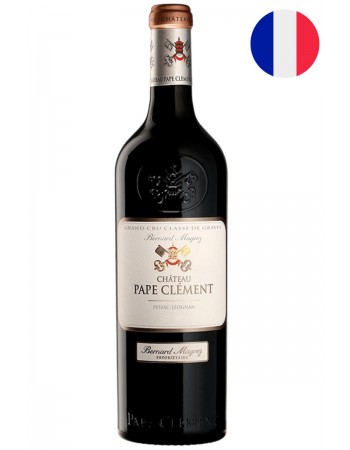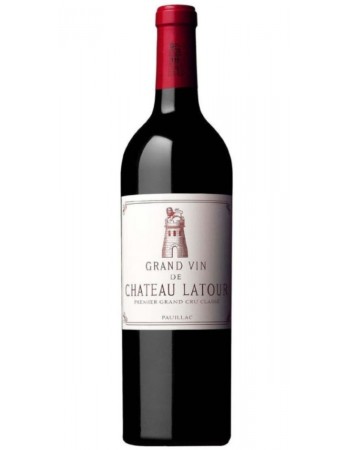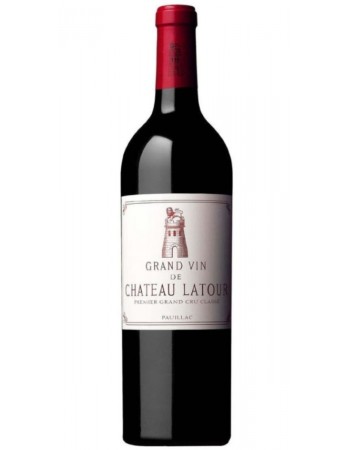2018 Chateau Haut Brion Pessac Leognan
-
S$1,02288
- S$1,04296

Vintage: 2018
Region: Pessac-Leognan
Country: France
Winemaker Notes
Without doubt one of the world's greatest and most individual wine estates. The family traditions continue here with Jean-Philippe Delmas running the winemaking as his father and grandfather did before him and Clarence Dillon's great-grandson Robert de Luxembourg in overall charge of this wonderful property. Haut Brion is one of the most consistently great wine of Bordeaux. Since 1958 it has been bottled in the unique and iconic Haut Brion bottle. Situated in the suburbs of the city of Bordeaux, the 48 hectares of red grape varieties are planted with 45% Merlot, 44% Cabernet Sauvignon, 10% Cabernet Franc and 1% Petit Verdot. The 2018 is pretty much a classic 50:50 blend with 49.4% Merlot, 38.7% Cabernet Sauvignon and 11.9% Cabernet Franc. Jean-Philippe describes it as being closer to 2016 and 2010 in style than it is to 2015 and 2009. He likens it to the excellent 1998 made here, but better.
About Winery
Château Haut-Brion is a French wine estate of Bordeaux wine, rated a Premier Grand Cru Classé (First Growth), located in Pessac just outside the city of Bordeaux. It differs from the other wines on the list in its geographic location in the north of the wine-growing region of Graves. Of the five first growths, it is the only wine with the Pessac-Léognan appellation and is in some sense the ancestor of a classification that remains the benchmark to this day.
In addition to the grand vin, Haut-Brion produces a red second wine. Formerly named Château Bahans Haut-Brion, beginning with the 2007 vintage, it was renamed Le Clarence de Haut Brion. The vineyard also produces a dry white wine named Château Haut-Brion Blanc, with a limited release of the second dry white wine, Les Plantiers du Haut-Brion, renamed La Clarté de Haut-Brion for the 2008 vintage.
Château Haut-Brion devotes 48.35 hectares (119.5 acres) to red grape varieties, with a distribution of 45.4% Merlot, 43.9% Cabernet Sauvignon, 9.7% Cabernet Franc and 1% Petit Verdot, and 2.87 ha (7.1 acres) to white grape varieties, distributed with 52.6% Sémillon and 47.4% Sauvignon blanc.
The vineyards are elevated, up to 27 meters, somewhat above the Bordeaux norm. The soil consists of Günzian gravel and some parcels have high contents of clay. All the vineyards are located in a cluster near the château itself and on the other side of the main road.
The selection of optimum rootstocks and clones has been a large task at Château Haut-Brion, pioneered by Jean-Bernard Delmas, which has greatly contributed to the quality of the plant material in the vineyard. The long-term aim has been to lower yields, not by green-harvesting but by ensuring healthy and balanced vines. The average age of the vines is approximately 35 years with the oldest parcels dating back to the 1930s, planted with an average vine density of 8000 vines/ha.
Winemaker Notes
Without doubt one of the world's greatest and most individual wine estates. The family traditions continue here with Jean-Philippe Delmas running the winemaking as his father and grandfather did before him and Clarence Dillon's great-grandson Robert de Luxembourg in overall charge of this wonderful property. Haut Brion is one of the most consistently great wine of Bordeaux. Since 1958 it has been bottled in the unique and iconic Haut Brion bottle. Situated in the suburbs of the city of Bordeaux, the 48 hectares of red grape varieties are planted with 45% Merlot, 44% Cabernet Sauvignon, 10% Cabernet Franc and 1% Petit Verdot. The 2018 is pretty much a classic 50:50 blend with 49.4% Merlot, 38.7% Cabernet Sauvignon and 11.9% Cabernet Franc. Jean-Philippe describes it as being closer to 2016 and 2010 in style than it is to 2015 and 2009. He likens it to the excellent 1998 made here, but better.
About Winery
Château la Mission Haut-Brion is a Bordeaux wine from the Pessac-Léognan appellation, classed among the Crus Classés in the Graves classification of 1953. The winery, located in close vicinity of the city of Bordeaux, belongs to the wine region Graves, in the commune of Talence with additional property in Pessac.
The château also produces a second wine from younger vines, La Chapelle de la Mission, since the 1991 vintage, and the dry white wine Château La Mission Haut-Brion Blanc since the 2010 merger of Château Laville Haut-Brion.
American wine critic Robert Parker awarded the maximum one hundred points for the 2000 La Mission Haut Brion, making it six occasions Parker has given the estate this score. Jancis Robinson, MW describes La Mission as "the quintessential insider's wine" while David Peppercorn, MW holds the estate's consistent performance over the last century as justification to classify La Mission as a Premier Cru, as was done to Château Mouton Rothschild in 1973. In 2009, the Liv-ex Bordeaux Classification considered Château La Mission Haut-Brion as a potential First Growth along with Château Mouton Rothschild and the four estates classified in 1855: Château Haut-Brion, Château Margaux, Château
100 points Robert Parker's Wine Advocate
The 2018 Haut-Brion is composed of 49.4% Merlot, 38.7% Cabernet Sauvignon and 11.9% Cabernet Franc. Deep garnet-purple in color, the wine needs a lot of swirling before it begins to release a whole complex melody of notes, one at a time to begin: tilled earth, followed by pronounced licorice, then crushed rocks, then the preserved plums. Eventually, it all comes together into a fascinating crescendo of intense crème de cassis, rose oil, wild blueberries and kirsch notes, giving way to quiet, persistent leitmotif scents of cinnamon stick, truffles and redcurrant jelly. The medium to full-bodied palate delivers all this and more, revealing tightly wound black fruit, red berry and exotic spice layers within a solid, wonderfully plush frame and seamless freshness, finishing with epic length and loads of earth and mineral sparks. This is a profound, highly intellectual, multilayered baby, which will require a good 7-8 years to begin to sing its incredible song, then should cellar a further 40 years at least. By way of reference, think 1989 with more restraint and even greater purity. (LPB) (3/2021)
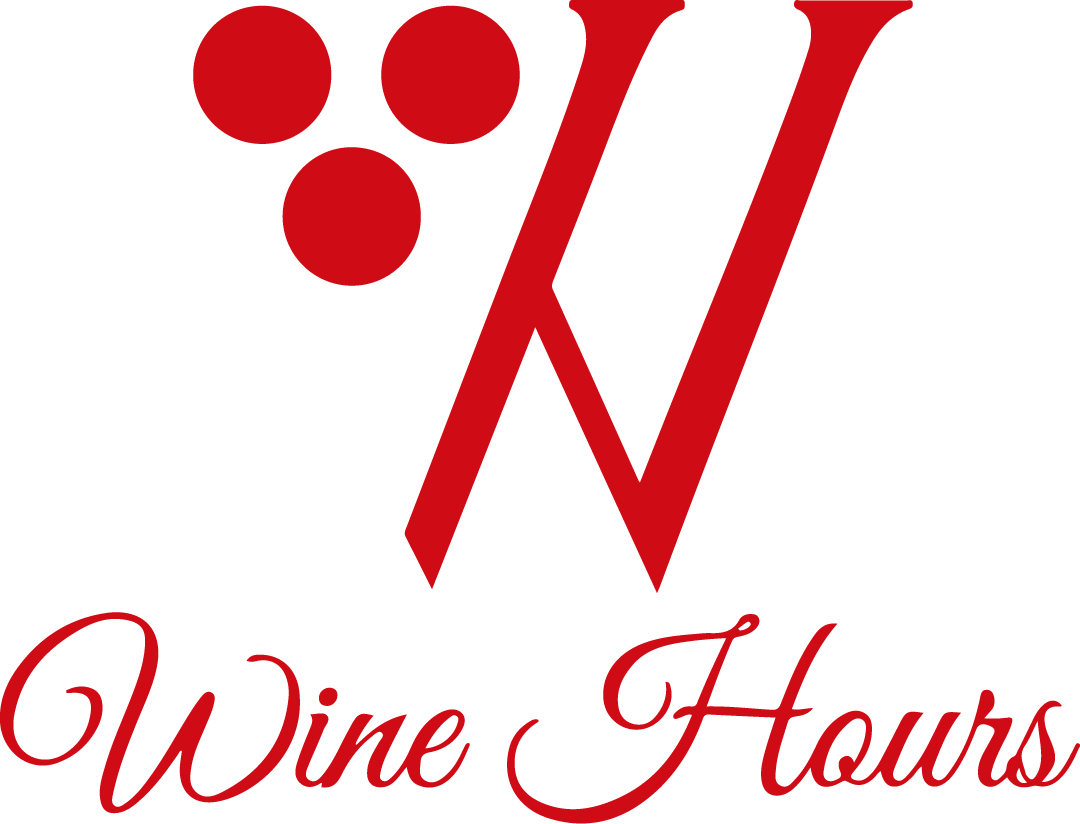
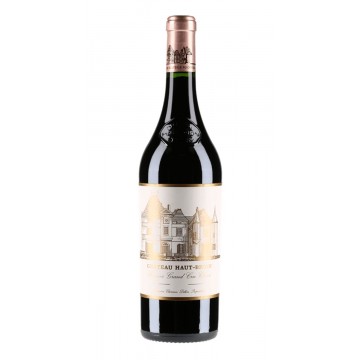
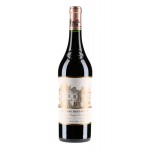
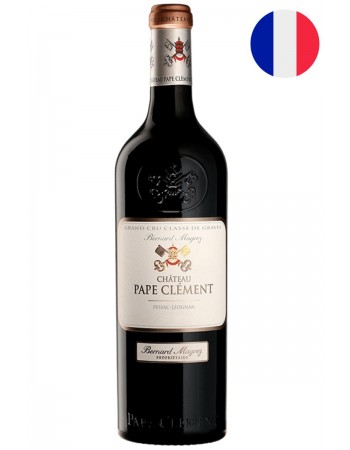
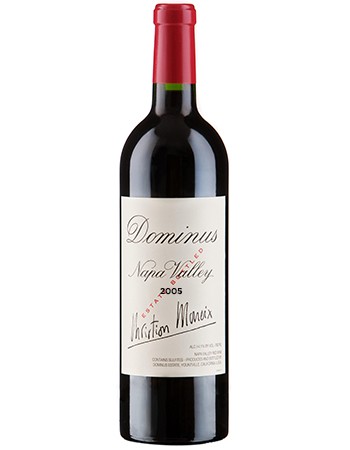
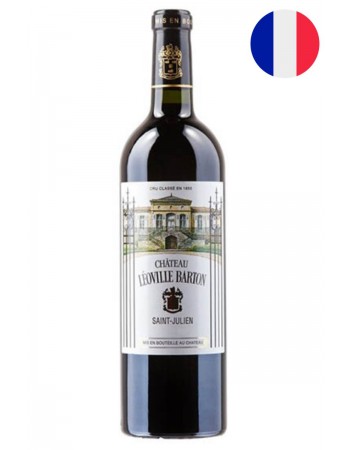
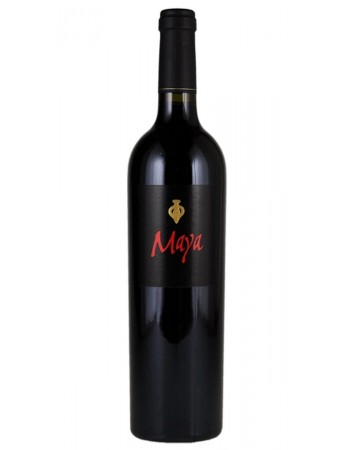
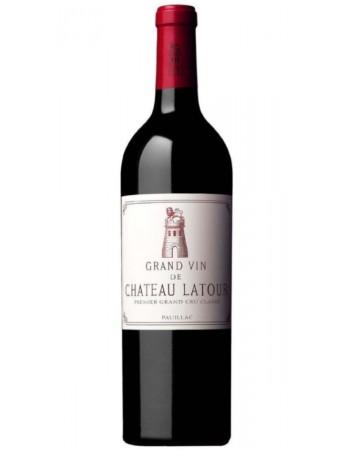
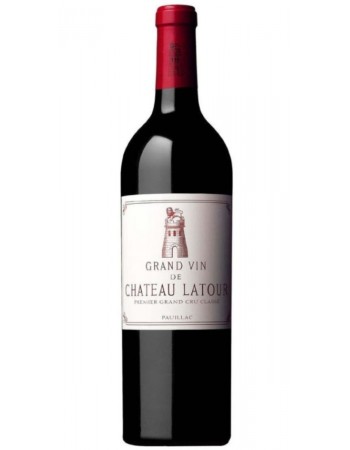
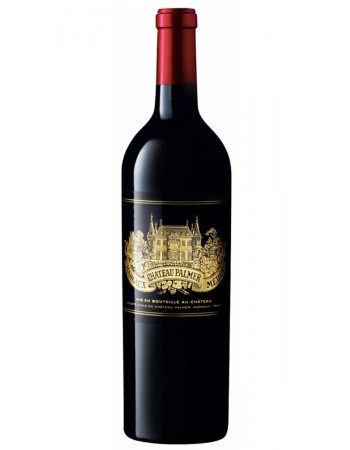
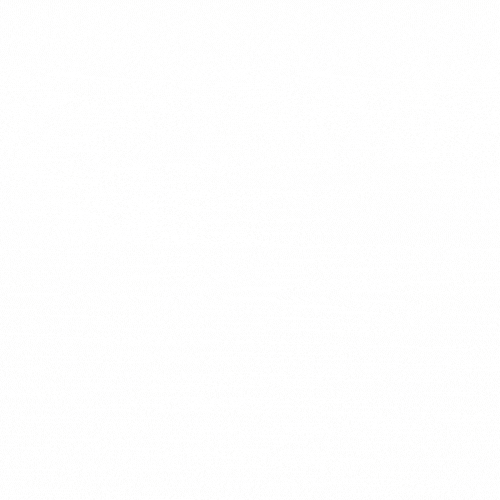
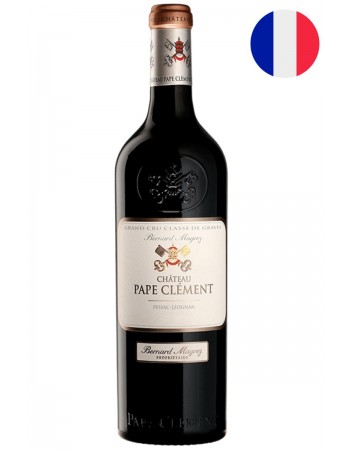
![[New Arrival] 2017 Chateau Latour (3 Bottle Case - Standard Bottles Origina.. [New Arrival] 2017 Chateau Latour (3 Bottle Case - Standard Bottles Origina..](https://winehours.com/image/cache/catalog/Wine%20Shop/bulk/2017-CHATEAU-LATOUR-PAUILLAC-BORDEAUX-350x450.gif)
